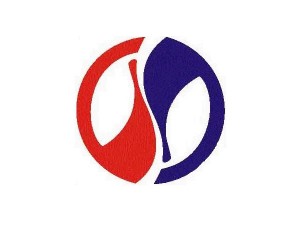Government to refinance NFA debts

DEBT REFINANCING NFA debts that are scheduled to mature this year, estimated at P150 billion, might be refinanced to convert them to longer-termed obligations, according to the Department of Finance.
The Department of Finance is looking at ways of refinancing the bulk of the National Food Authority’s outstanding debt, estimated at P150 billion, amid efforts to overhaul the agency’s functions.
Finance Undersecretary Rosalia V. de Leon told reporters that most of these obligations were short-term and would fall due this year.
Ms. De Leon said the NFA debts that were scheduled to mature this year might be refinanced to convert them to longer-termed obligations.
“One of the options being eyed is a syndicated loan or a club loan,” De Leon said.
The official added that the prospectively renewed debts would carry a sovereign guarantee and that the government was eyeing a tenor of 10 years.
De Leon said pricing for the new loans would be based on rates for government securities, plus a certain premium.
Asked how much would be refinanced through syndication, she said the amount would depend on the pool that interested financiers would make available.
De Leon said that because of the NFA’s “money-losing mandate,” the agency’s debts ballooned to its present level of P150 billion, of which P35 billion has already been restructured into long-term obligations, from P28 billion in 2003.
The accumulated debt was used for operations, and importation and procurement of rice, she added.
The ballooning of the NFA’s debts had been so conspicuous as to merit mention in President Benigno Aquino III’s first State of the Nation Address shortly after assuming office in 2010, where he made the agency’s case a banner for his administration’s fight against corruption.
Earlier, Budget Secretary Florencio B. Abad said the Chief Executive had given the go-ahead for reforms in the NFA to address fund leakage and ballooning debt by stripping the agency of its conflicting functions.
Abad said that, for example, the program of providing subsidized rice to the poor would be transferred to the Department of Social Welfare and Development through its conditional cash transfer program.
The budget chief said the DSWD, with its National Household Targeting System, was in a better position to identify and directly reach indigent households.
Citing data from the World Bank, Abad said only about 31 percent of NFA rice went to the poorest 20 percent of households, and that it cost the agency as much as P8.60 to deliver an equivalent of P1 of low-priced rice.